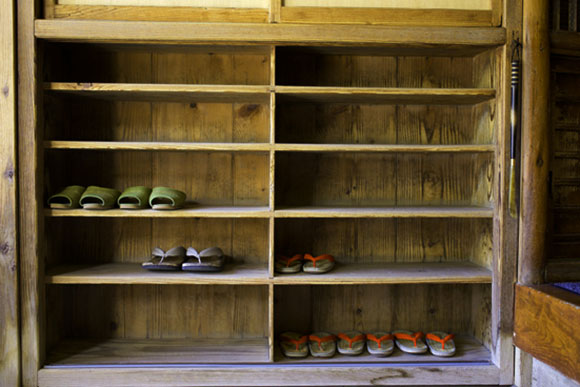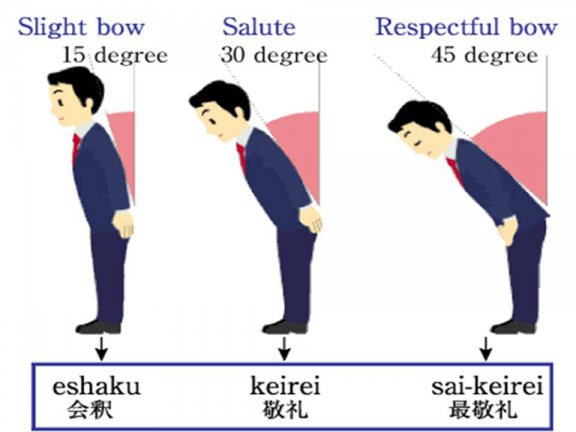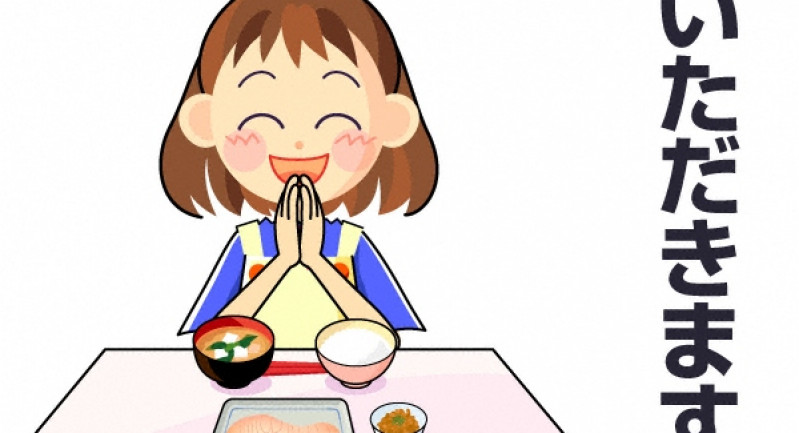As a country with a long history with frequent local settlements in feudal times, Japan has formed a diverse and ceremonial culture. Therefore, this country has customs that have been rooted in daily life for a long time, but not all foreigners know or pay attention to, typically the following 9 examples:
1/ Do not wear shoes in the house
This is the most basic detail and must always be followed when visiting someone’s home, especially with Japanese families. Every house in this country usually has its own shoe storage area right behind the door. Even at school, students are required to change into their indoor shoes before entering the main lobby area. Because of that, if a friend in the land of the rising sun sends an invitation to your house to play, don’t forget this little habit.

2/ The Japanese do not “prioritize women”
This is actually not that the Japanese do not respect women, but simply that they do not have a woman-first culture like Western countries. Japanese men usually won’t hold the door for women, not because they don’t have gallantry, but because they think that keeping the door for women and the gallery has nothing to do with each other.
3/ Bow when meeting other people

The Japanese attach great importance to etiquette, so being polite is a necessary virtue to show your respect to others, the most common basic for this expression is through actions. bowing when meeting a business partner, someone of a higher status, or in many other cases. Therefore, if you are working at a Japanese company, when you meet your boss instead of saying “Hello boss”, just bow your head.
4/ Line up orderly
Squeezing or shoving while queuing is rude and unacceptable behavior in Japan or anywhere else. Even in the case of natural disasters and needing emergency relief, the Japanese always strictly adhere to queuing, so you should not rush even if you arrive later.
5/ College is a place to dress up
Japanese students often focus on appearance when going to school, especially women when they prefer to wear shoes or wear skirts that look very fashionable when going to school. This is a special point compared to many other countries, for example, American students – most of them only pay attention to neat manners or Vietnamese students – like to dress up in the first days of the semester, most of the time. Others will dress relatively casually. Therefore, pay attention to this if you have the opportunity to study at a Japanese university.
6/ There will be staff cramming you into the trains
Train lines in major Japanese cities are notoriously crowded and cramped, especially during peak hours. At that time, there will be a lot of people wanting to get inside and the situation will easily become chaotic. Therefore, to help as many people get on the train as possible, there will be dedicated staff in charge of pushing passengers into crowded carriages. Its purpose is to help the train door can be closed completely because too many people want to stand near the door area.
7/ Always say “Itadakimasu” before eating
This is probably the thing we most easily recognize when watching anime or drama. Before eating, Japanese people often clasp their hands and say “Itadakimasu”. This sentence is relatively difficult to translate with the limit of one subtitle line of the film, so most translators will keep it or translate it roughly as: “Invite the whole family to eat”. However, the real meaning of this saying is: “Thank heaven and earth for giving me this meal” or “Thank you for giving your life so that I can live”, besides it also Used to express gratitude to the person who made the meal.
8/ Make a “slurping” sound when eating noodles
Unlike the Western eating culture, which values order in the meal, when eating noodles in Japan, you should make a “slurp” sound to show your love for the noodles you are eating and best of all, you Don’t leave the broth but drink it all.
9/ Eat live octopus
Japanese cuisine is famous for its fresh dishes, including octopus. The chefs will cut the octopus into small pieces while it is still alive, diners will pour sauces and eat these “whispering” pieces of octopus.
